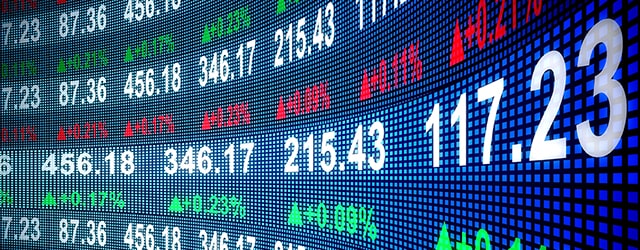Ownership of the world's largest companies is increasingly concentrated in fewer and fewer hands.

Who owns the approximately 41,000 listed companies around the globe with a combined market value of $80 trillion, and what does their ownership mean? A recent report from the Organisation for Economic Co-operation and Development (OECD), Owners of the World’s Listed Companies, attempts to answer these questions. Researchers examined a database of about 10,000 companies across 54 markets, representing approximately 90% of global market capitalization.
One key finding pertained to the concentration of ownership. In half of the world’s listed companies, the three largest shareholders own more than 50%. In most markets, private corporations or wealthy individuals are the largest shareholders.
The degree of concentration varies by region. In Argentina, Indonesia and Russia, a single investor holds more than half the equity in more than 70% of companies. In Canada, Japan, the UK and the US, the three largest shareholders own, on average, between 25% and 30% of a company’s capital.
The OECD report measures concentration by individual shareholders—often company founders and their families—as well as institutional investors, such as mutual funds. “In the US, UK and Canada, for instance, there’s been a dramatic rise of index/passive investing among individuals,” says Albert Choi, a law professor at the University of Michigan who has studied corporate ownership. That dynamic has led to a higher percentage of institutional ownership of shares. Indeed, the report notes that institutional investors hold 41% of global market capitalization.
The two types of ownership concentration raise different concerns. Company founders and their relatives who own concentrations of shares could try to extract personal benefits and trample on the rights of other shareholders. Broadly speaking, that could damage confidence in markets overall. Ownership concentration through institutional investors, meanwhile, “raises more concerns about investor passivity,” Choi says. The worry is that passive investors won’t actively monitor management and vote as informed shareholders.
The researchers also found that public entities account for about 14% of global stock market capitalization. In 10% of the largest companies, the public sector holds more than 50% of shares. Such large investments by public-sector entities may mean that political priorities influence corporate decisions.



